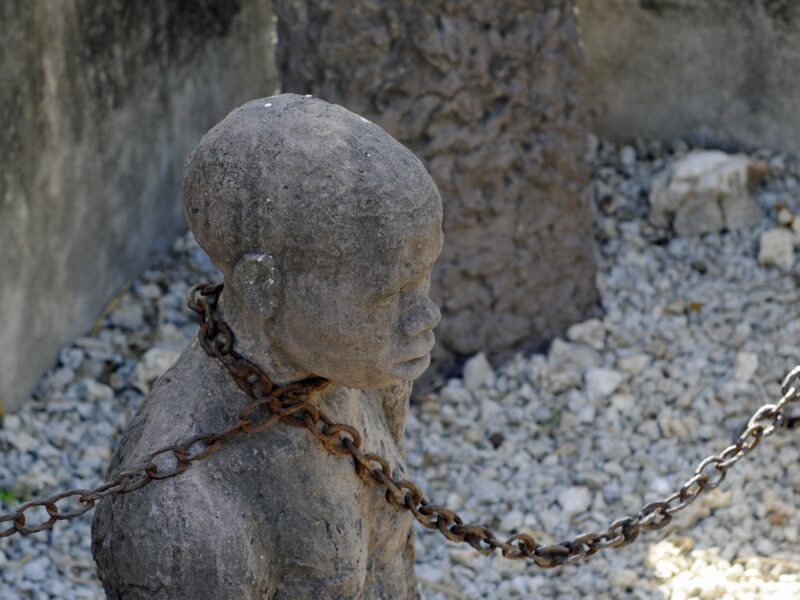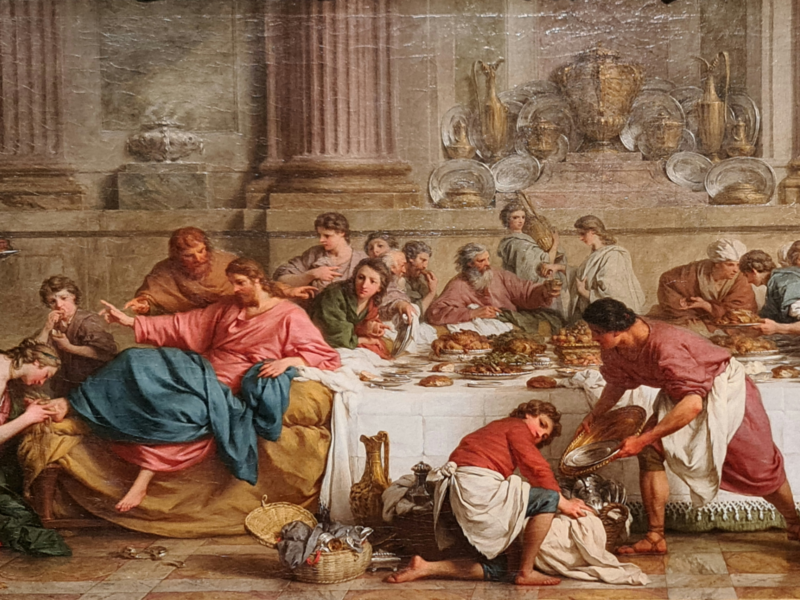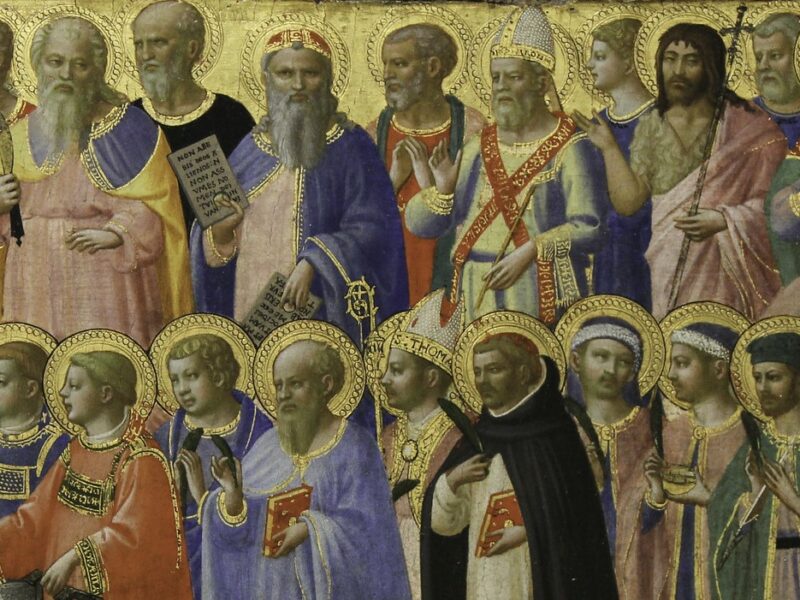
Bearing Fruit in Due Season
Third Sunday of Lent. Fr Irenaeus Vincent ponders on the unhappiness of our world.
My dear friends, many people in world today are unhappy for one reason or another. Even those who may often smile are at times just putting on a brave face. For deep down inside they are hurt or upset about something or some things. And so bearing this in mind, I propose that the reason why so many people are unhappy or are unable to smile genuinely in our world today is very much rooted in two simple reasons.
The first reason why people are so unhappy in our world today is because many of us are not doing what we are supposed to be doing. When we read the newspapers or look at television, it is quite clear that many people are unhappy and making others unhappy because we are not doing what we are supposed to be doing. The stories of war, poverty, prostitution, child pornography, sexual abuse, slavery, ambition and the like support this view.
So, since we are in the Lenten season, it may be good to ask ourselves a simple question: as a Christian, as a follower of Jesus Christ, am I doing what I am supposed to be doing? Actually, we can feel free to personalize the issue and ask other questions as well: as a mother or wife, as a husband or father, as a student, as an employer or an employee, as a priest or a religious, am I doing what I am supposed to be doing? Lent is a time to answer and ask serious questions like these.
The second reason why many people are unhappy in our world today is because we often have false expectations. And it is these very false expectations that can make us end up doing what we are not supposed to be doing. We seem at times to make demands on God, other people, ourselves and on the world in general that are totally unreasonable.
In today’s Gospel, Jesus’s parable is a perfect example of the three issues referred to: unhappiness, not doing what we are supposed to be doing and false expectations. As regards unhappiness, the owner of the vineyard was quite disappointed with the progress of the fig tree and was eager to cut it down. But why was he unhappy? Firstly, the fig tree was not doing what it was supposed to be doing — that is, producing fruit. Secondly, the vineyard owner had false expectations about the fig tree, thinking that once it was planted it should bear fruit.
Thank God, the fellow who was looking after the vineyard brought the owner to his senses. Not only did the farmer show the owner that the fig tree needed to be constantly nurtured through manure and given constant care; but more importantly, he noted that even if this was done, there was no guarantee that all would be well. No wonder his words were: ‘it may bear fruit next year.’ Indeed, a similar lesson can be applied to our Christian lives.
No matter how much we may be nurtured and cared for by the Eucharist, God’s Word and the Holy Spirit, there is no guarantee that all of us will naturally bear the fruit of love, joy, peace, patience, kindness, goodness, faithfulness, gentleness and self control. No wonder throughout the Gospel Jesus throws the ball back into our hands and says ‘But unless you repent you will all perish.’ And yes, Jesus may sound harsh, but the point to remember is this: Jesus just wants us to be happy and the more we follow him sincerely the more we will produce fruit, fruit that will last.
Sorry, the comment form is closed at this time.



A Website Visitor
Hello Irenaeus, In reading your exposition on Luke 13 it struck me that the expectation of the landowner is very reasonable, It is reasonable to expect fruit from a fruit tree. Also the landowner showed patience in that he gave the tree 3 years and still no fruit. The landowner also showed mercy and grace by giving the tree another year to bear fruit. Now you rightly connected the fruit with repentance after all Jesus is not concern about trees but people. The tree represent people and the fruits are repentance. If you do not repent (bear fruit) see Mat 3:8 you will perish. This is the gospel appeal to repent and believe in Jesus Christ to be saved. Well, may God be glorified in all things.